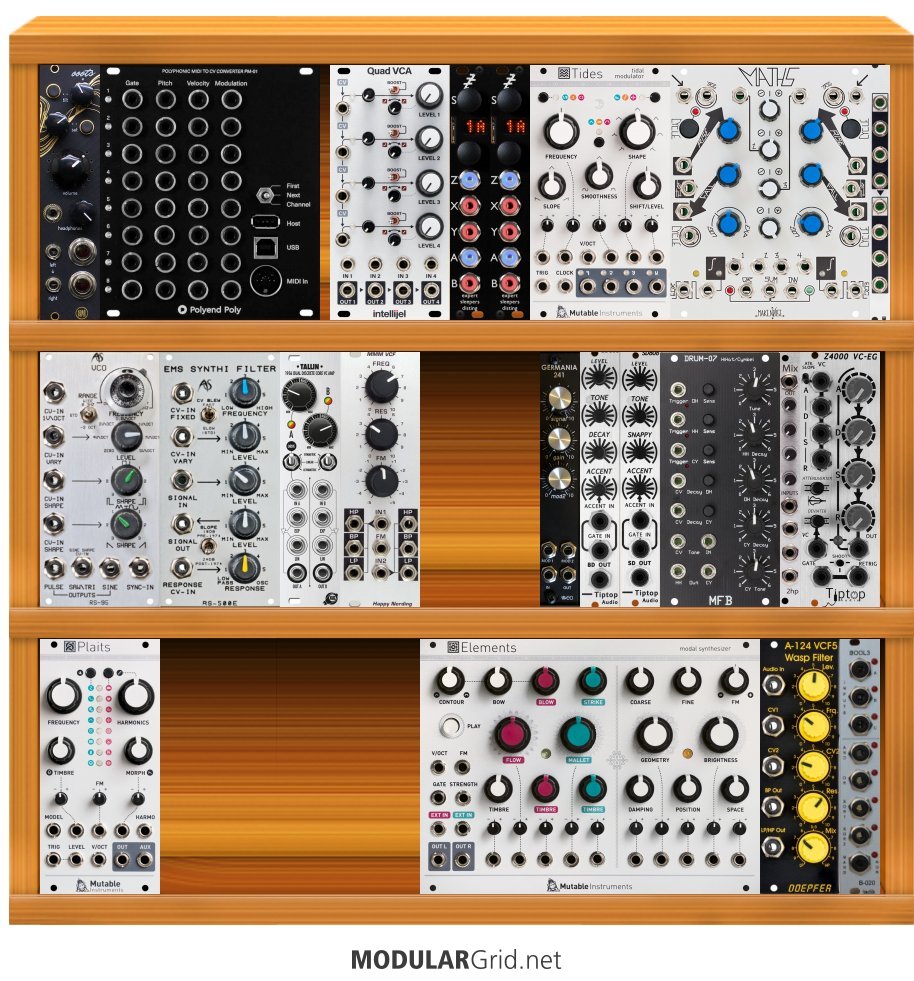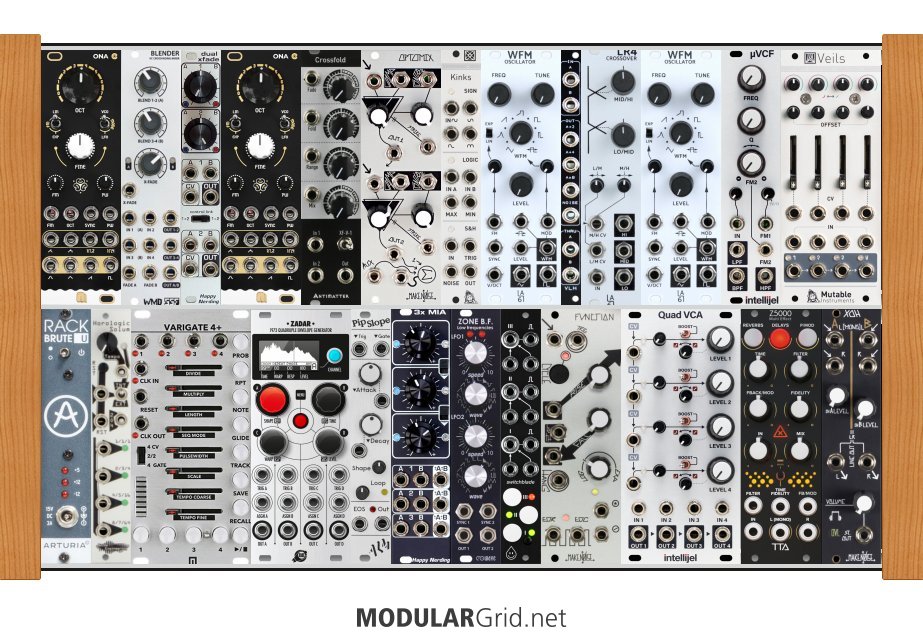Good luck with this. I'm a modular newbie (so not a lot of direct advice to give on modular) but a longtime musician. I'll be interested to see where you land with this inquiry and build, as I'm in a somewhat similar position.
I am curious, what are you hoping to get from modular that you can't from software & standalone hardware?
Hearing about your "retro" focus, I would think you could be very well served with some non-modular options such as:
-- Roland software, Roland emulations, Roland hardware (like Jupiter Xm). IMO this stuff sounds great and is a joy to use. If I worked in retro like you do, I would definitely have an "Ultimate" Roland Cloud subscription
-- Sequential's current lineup: Dave Smith is still making beautiful instruments that mix the classic vibe (and presets) with modern capabilities. Any of those analogue boards could give you a real boost in great retro sound
-- less completely retro but very awesome is Native Instruments Komplete + their Komplete controllers. The hands-on integration for these is now very strong, and the NI library is so vast. I love the browsing and sound manipulation that can be done here without a mouse now. IMO this is also a great value, compared to equivalent spend on hardware / modular.
-- the Arturia software suite is also great for retro. The sheer # of retro instruments and presets is huge. The "modular" VSTs in that suite could give you a lot of the retro modular sounds, if that's what you're after.I assume you know about most if not all of those above already. BUT, hearing your situation and objectives, I thought I would mention these as possible alternatives for you; to me they really stand out as potentially useful for your situation.
Having recently entered the modular domain, I can say: i) it is expensive ii) its very deep in terms of variety of modules, module designs, etc. iii) there's a vast amount of learning to be able to buy or run a decent rig iv) it does beat software and standalone synths for some uses, but not all. I AM enjoying modular learning and sounds a lot, and it also helps me understand and me appreciate my VSTs and hardware drum machines even more!
Best wishes,
Nicholas
-- nickgreenberg
Cheers, Nicholas, thanks for your reply!
I think, like any god fearing young man, I need modular synthesis to keep me off the streets.
Yeah, I have the Arturia bundle and I use it a lot. Also have a bunch of UVI stuff and other odds and ends in terms of plugins. I think they sound great and there’s little if anything that I strictly can not achieve with the tools that I own currently. But I would posit that a lot of what producers invest in is more experiential than functional (from a vintage German microphone in the live room to an expensive single origin coffee in the kitchen).
Also, I do find virtual modular stuff pretty hard to program on (ex Arturia’s 2600 and Moog system plugins, even the ZOIA which it’s taking me a long time to bond with for this very reason). I reckon that if I logged some time on a hardware modular system and that type of programming migrated more into the “second nature” part of my brain then I would be less annoyed/confused by virtual modular stuff.
I also just like having multiple flavors of things if something isn’t sitting quite right in a mix or is feeling obtuse in a session. My Deckard’s Dream can do most of things my Little Phatty can do but the one does not quite make the other obsolete. It’s a luxury to get to amass gear in this way, of course, but that’s part of what someone’s paying me for when they hire me.
So I guess the main thing that I’m after is the tactile creative experience of working on a system like this (not the least of which reasons being that a lot of my favorite records were made on early synthesis systems). And I like more modern stuff too but I don’t really work professionally on any EDM projects which seems like a distinct camp in the modular community. Also I dig the significantly increased probability that I will accidentally make something interesting I wouldn’t have come up with otherwise.
Admittedly it is more than a little indulgent to sink this much money into the idea that I just want to vibe out over some synth modules haha. But here we are. Ideally I would pair this down to something a little bit cheaper, but maybe this is a good future goal and I need to just build it up a little at a time.
For what it’s worth I got on my current modular kick after randomly hearing some demos of the Plaits and thinking it sounded extraordinary and I wasn’t certain I had anything in my arsenal that would do exactly what it does. I kind of always knew I’d go down this road some day but I was waiting for something to push me over the edge.




